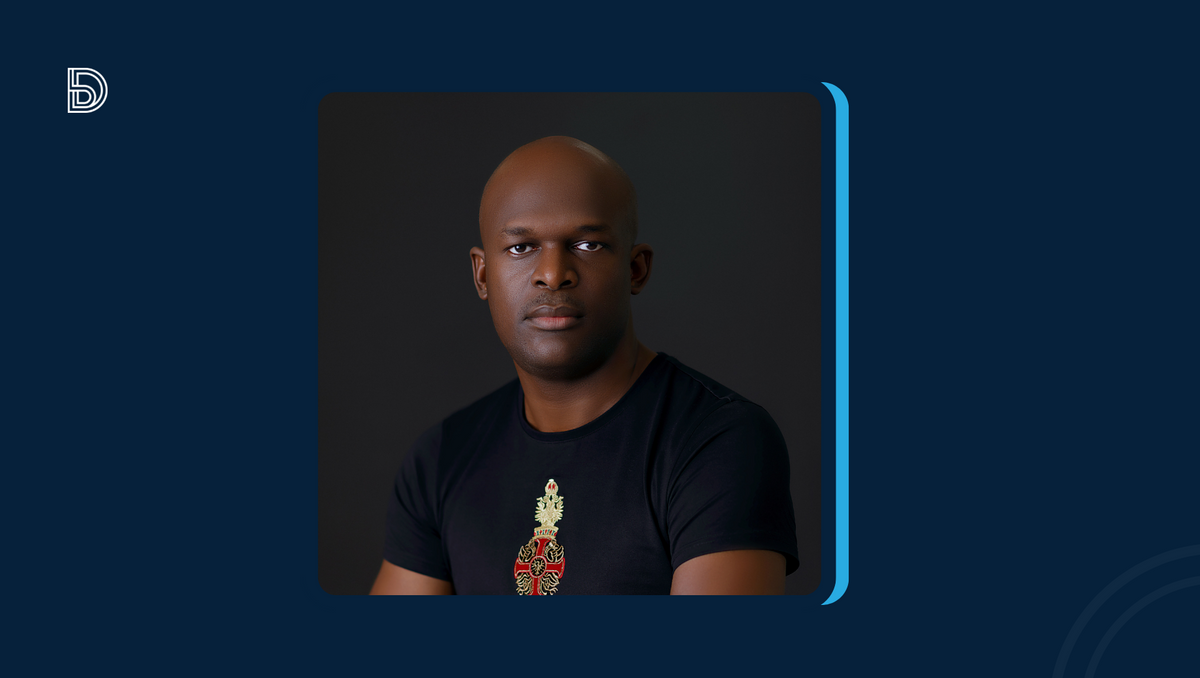How the CBN's switching license will enable AppZone
With the switching license, AppZone will further expand its transaction switching and processing services currently offered to banks and fintechs through its blockchain-based payment network, ZONE, launched in December 2021.

AppZone, Sub-Saharan Africa’s payment infrastructure company last week announced that the Central Bank of Nigeria, CBN has issued the organization an approval in principle to operate under the Switching and Processing license category.
With the switching license, AppZone will further expand its transaction switching and processing services currently offered to banks and fintechs through its blockchain-based payment network, ZONE, launched in December 2021.
“ZONE would be able to facilitate payments for banks, fintech and OFIs in an all-inclusive network as well as balancing the settlement positions of each participating institution’s cleared instruments.” Obi Emetarom, co-Founder/CEO Appzone told Benjamindada.com via an email.
ZONE is a blockchain payment network that enables the direct flow of payments from one bank to another while empowering previously excluded financial institutions to participate.
It allows participating institutions to route transactions to each other in a peer-to-peer fashion. So this means that a GTBank user can route a card or account transaction directly to Zenith Bank in the same way an FCMB user can route the same to GTBank and vice-versa without the parties needing to go through a central intermediary as was the defacto process.
According to AppZone, ZONE has been adopted by over 16 commercial banks and payment service banks in Nigeria and will further expand to other financial institutions, Fintechs and commercial banks across Africa.
Emetarom said, “as a payment infrastructure company, we believe that this milestone will enable us to connect every financial store of value within Nigeria and link them to the rest of the world.”

With the license, AppZone can now operate on the same level as other tier-one financial technology and private switching companies. The Switching License will enable the company to directly engage and collaborate with crucial payment system stakeholders such as the Nigeria Central Switch hosted by Nigeria Inter-Bank Settlement System Plc, NIBSS and the various Card Payment Schemes.
“Without the license, it means ZONE could not interact with NIBSS/CBN directly for settlement of cleared positions and the array of services AppZone could offer through ZONE would have been limited to a few payment use cases. The license also restates CBN’s commitment to fostering innovation in the industry as it is the first payment switching infrastructure built on blockchain to obtain regulatory approval in Africa.” Emetarom added.
Is blockchain not cryptocurrency?
No! It is important to note that even though the CBN directed all banks and fintechs to desist from transacting in and with entities dealing in cryptocurrency, it does not imply that other blockchain-powered services and products are also prohibited.
Blockchain is a decentralized technology of immutable records called blocks, which are secured using cryptography. For instance, the eNaira is powered by a blockchain network, known as Hyperledger Fabric.
Meanwhile, a cryptocurrency is a digital or virtual currency that is secured by cryptography, which makes it nearly impossible to counterfeit or double-spend. Many cryptocurrencies are decentralized networks based on blockchain technology—a distributed ledger enforced by a disparate network of computers.
In summary, blockchain is the technology that enables the existence of cryptocurrency (among other things) and a cryptocurrency is a medium of exchange, such as the Nigerian Naira.
What's the switching license?
The Switching and Processing license [PDF] is issued to companies to process transactions between vendors, merchants, their customers and other financial institutions. Fintech companies engaging in processing transactions are increasing. Notable among them are Interswitch, Unified Payments, ETranzact.
To be eligible for the license, registration with the Corporate Affairs Commission with Articles and Memorandum of Association is mandatory. There is a capital requirement [PDF] of two billion Naira shareholders’ funds unimpaired by losses, preceding 3-years audited financial statements of the company (If applicable), and an escrow of refundable two billion Naira deposited into CBN PSP Share Capital Deposit Account Number – 1000014009. The escrow must be paid as a lump sum.

A non-refundable fee of one hundred thousand Naira is paid to the CBN as application fees. If the application is successful, another 1 million Naira (N1, 000,000) is to be paid before the issuance of a final license. However, the validity of the licence is determined by the CBN upon satisfactory performance of operations.
Aside from AppZone, in 2019, TeamApt secured a switching license to enable AptPay, one of the company’s products, to provide financial solutions to different customer segments.
According to Obi Emetarom, “the switching and processing license is usually regarded by industry players as sitting at the top of the payment value chain and would enable Appzone to carry out the following activities; payments switching, cards processing, transaction clearing and settlement agent services, non-bank acquiring services as well as activities permissible under other payment service provider licence categories.”







